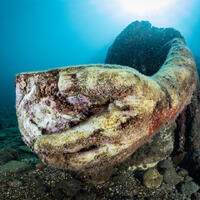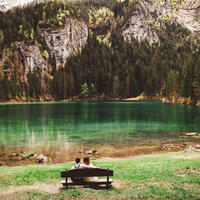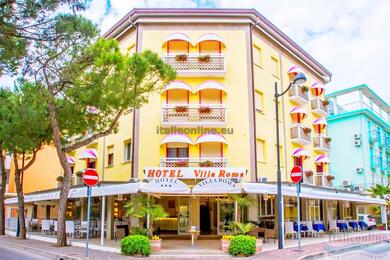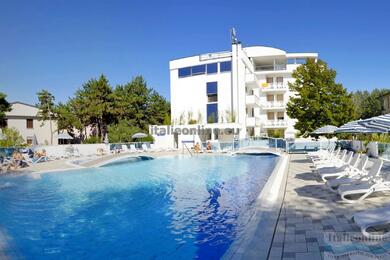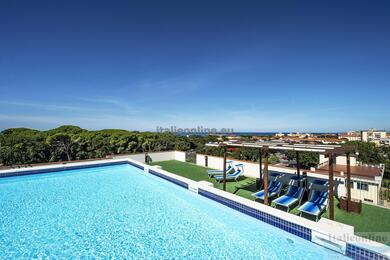For starters, it's definitely a good idea to know at least a little Italian or to have a dictionary or smart phone with you to communicate in an emergency. If you're in the south of Italy, the chances of you speaking English are very slim. In the north, on the other hand, it's a different story, where you don't have to worry about communication being a problem.
italy by train
There are many ways to travel around Italy, but one of the most convenient options is by train. There are two of the most well-known rail companies in Italy: TrenItalia and Italo Treno. It is convenient to use the websites of both companies to buy tickets(https://www.trenitalia.com/en.html, https://www.italotreno.it/en), but you can also get them at travel agencies or directly at the train station. In addition to the train, you can also use the bus service. For example, the Pullman bus, which runs longer distances, or the Flixbus also offers connections between different cities. Speaking of traffic, it is always wise to look around at least twice before crossing the road. Many Italians drive fast and traffic in larger cities tends to be very busy.
In big cities such as Rome, Florence and Venice you will find clean drinking water in their squares, which is completely free. This means that visitors don't have to worry about running out of liquids, especially on warm summer days. And it's best to carry cash as well, because although credit cards are commonly accepted in Italy, you may still come across places that don't take cards.
It's also a good idea to remember that in Italy it's customary to dine at around 8pm at the earliest. So if you plan to go out for a good Italian dinner, remember that restaurants open later than we are used to here. Last but not least, live your trip to the fullest by indulging in at least one delicious gelato (ice cream) every day, in which you will discover as many amazing flavours as possible.


